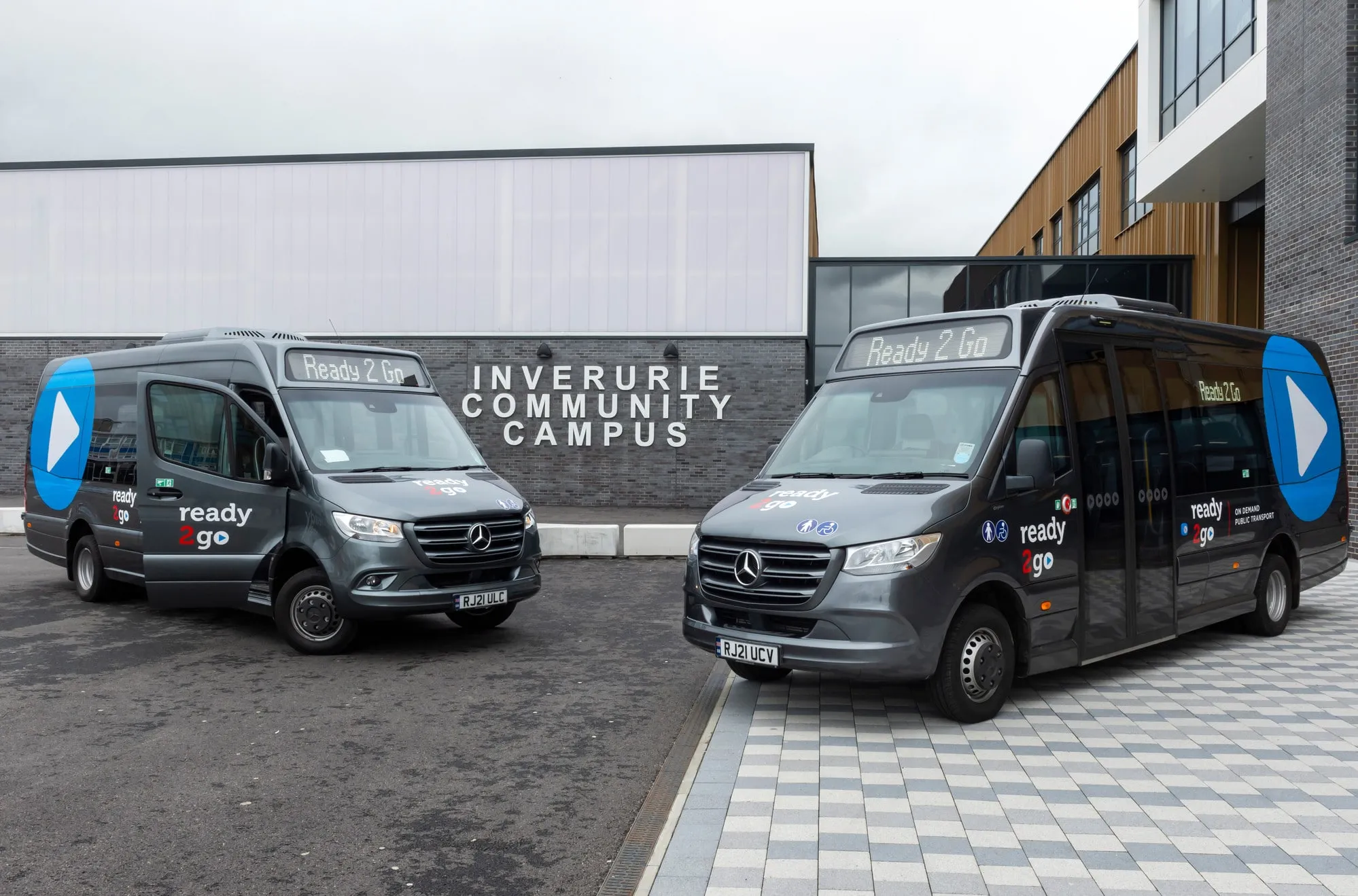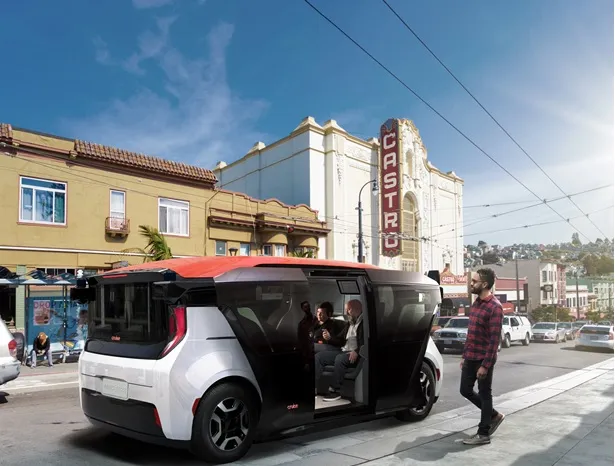
Moovit has partnered with Aberdeenshire Council in Scotland to launch a demand-responsive transit service to provide residents with better access to public transport.
Moovit says passengers travelling in the Inverurie area will be able to use the Ready2Go app to book rides on a mini-bus with real-time arrival information.
Users will benefit from more efficient routes that only operate via pick-up locations of people who have pre-booked their seat, the company adds.
The service will also connect to some of the main transport hubs in the area, including Inverurie, Insch and Kintore railway stations to help improve onward travel opportunities.
The app also directs passengers to a nearby pick-up location and enables bookings up to seven days in advance.
Additionally, Ready2Go combines official information from local transport agencies as well as crowdsourced information to calculate the best route for each journey with mobility options like bus and rail.
A live directions feature with get off alerts provides guidance for the entire journey, while operator service alerts help riders avoid disruptions and plan their journey via public transport.
The app incorporates screen reading features for low vision users, including TalkBack/VoiceOver capabilities. It also has optimised menus and buttons for those with hand-motor disabilities.
The transport service is powered by Moovit On-Demand, a dynamically-routed transport system that automatically assigns multiple passengers heading in the same direction to a shared vehicle.
Yovav Meydad, Moovit’s chief growth and marketing officer, says: “Complementary to traditional modes of transport, Moovit On-Demand can help residents get around more efficiently and gain more transparency into their ride.”









